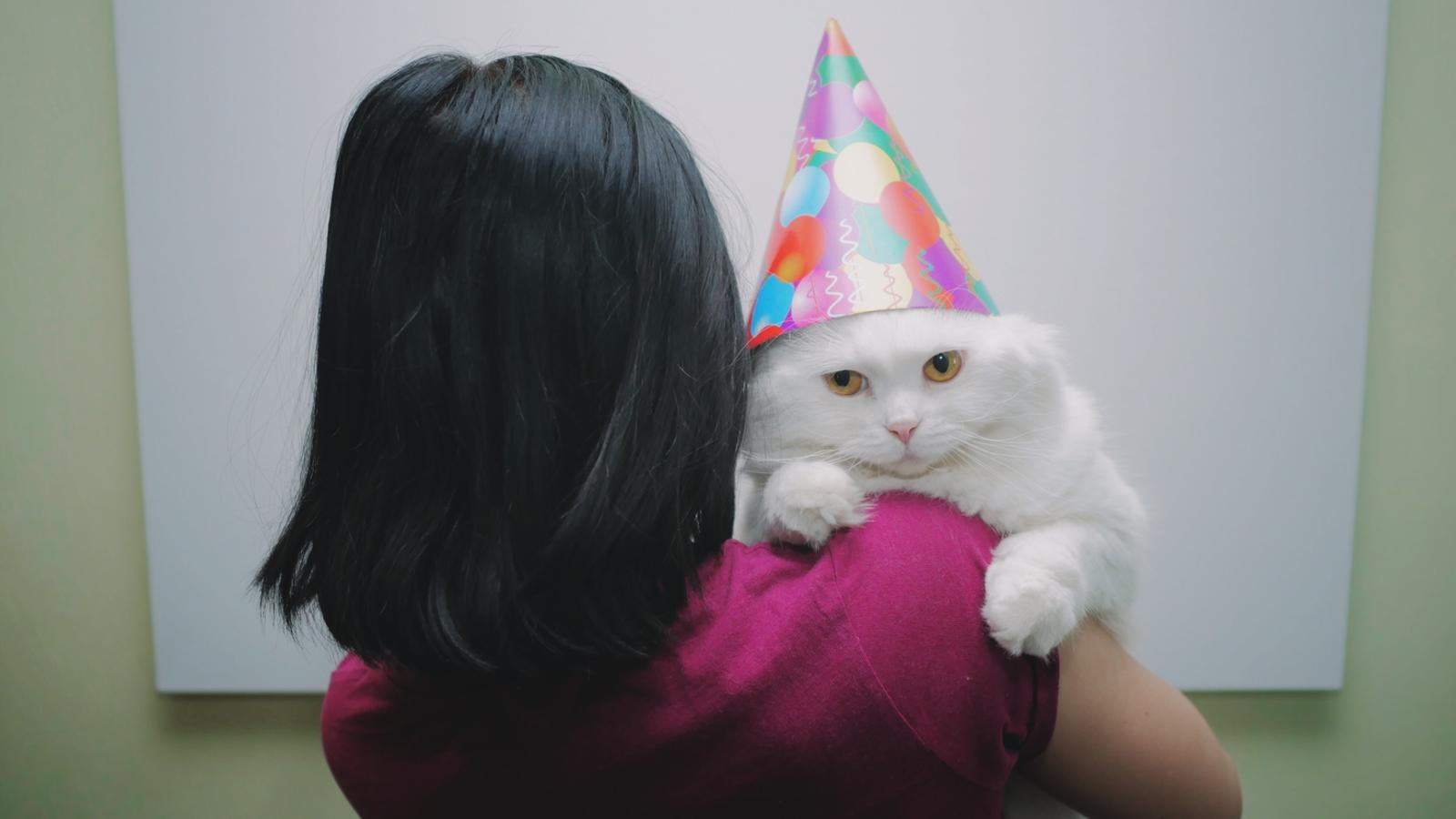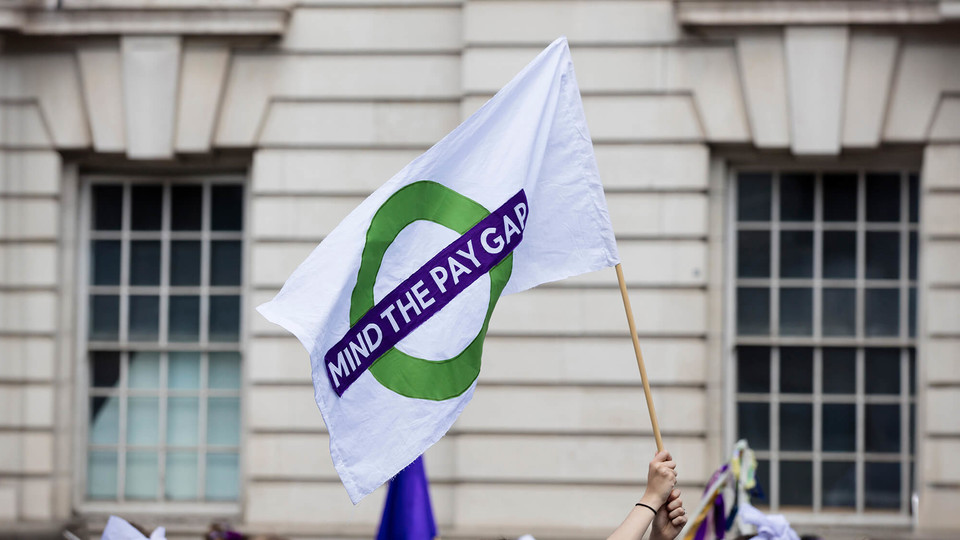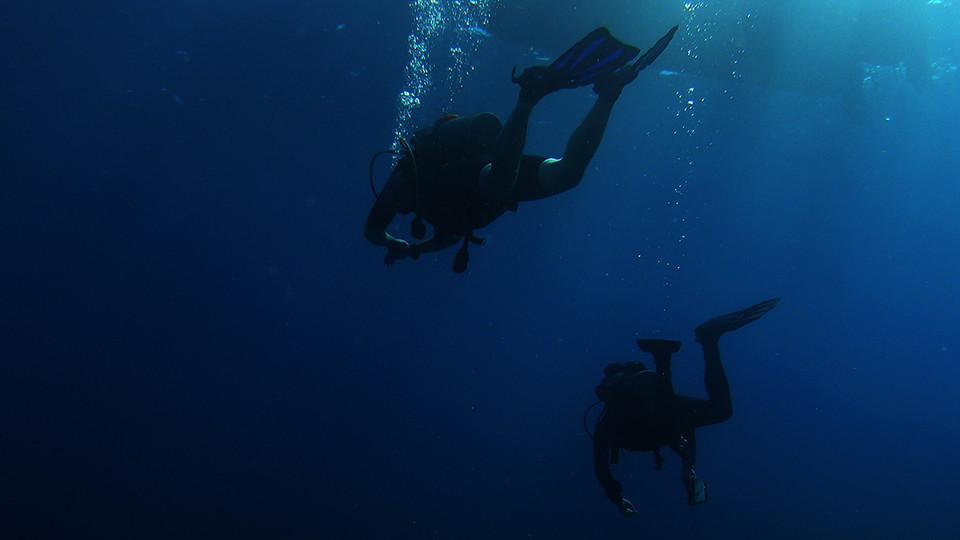
Party Of One
Loneliness Hurts — And It Can Make It Harder For Us To Reconnect With Other People
By Jennifer Latson
Loneliness Hurts — And It Can Make It Harder For Us To Reconnect With Other People
The following is an excerpt from “A Cure For Disconnection,” first published in Psychology Today.
It's no accident that loneliness hurts. Like the pain receptors that evolved so we would keep our distance from a fire, the pain of loneliness grabs our attention and urges us to seek a remedy. Feeling disconnected from the people we rely on for help and support puts us on high alert, triggering the body's stress response. Studies show that lonely people, like most people under stress, have less restful sleep, higher blood pressure, and increased levels of the hormones cortisol and epinephrine; these, in turn, contribute to inflammation and weakened immunity.
While the pain of loneliness was an adaptive advantage in humanity's early days, when separating from the tribe could mean becoming lion food, it doesn't serve the same purpose now that we can technically survive entirely on our own, given a microwave and an endless supply of Hot Pockets. The force of the feeling may seem like overkill now that it has evolved from a life-or-death alarm bell into a more abstract warning that our need for connection is not being met. But that's only until you consider that the need, left unmet, still has the power to kill us — just by a slower, more invisible mechanism than starvation or predation.
Counterintuitively, the pain of isolation can make us more likely to lash out at the people we feel alienated from. Loneliness “promotes an emphasis on short-term self-preservation, including an increase in implicit vigilance for social threats” explains John Cacioppo, the director of the University of Chicago's Center for Cognitive and Social Neuroscience.
The emerging theory of loneliness, in other words, is that it doesn't just make people yearn to engage with the world around them. It makes them hypervigilant to the possibility that others mean to do them harm — which makes it even less likely that they'll be able to connect meaningfully.
This negative feedback loop is what makes chronic loneliness (as opposed to situational loneliness, which comes and goes in everyone's life) so frustratingly intractable. In people who've been lonely for a long time, the fight-or-flight response has kicked into perpetual overdrive, making them defensive and wary in social settings. Chronically lonely people tend to approach a social interaction with the expectation that it will be unfulfilling and to look for evidence that they're right. As Cacioppo notes, lonely people pay more attention to negative signals from others, interpreting judgment and rejection where it is not intended. Without being aware of it, they sabotage their own efforts to connect with others.
To read the full story, go to "A Cure For Disconnection"
Jennifer Latson is an editor at Rice Business Wisdom and the author of The Boy Who Loved Too Much, a nonfiction book about a rare disorder called Williams syndrome.
Never Miss A Story


